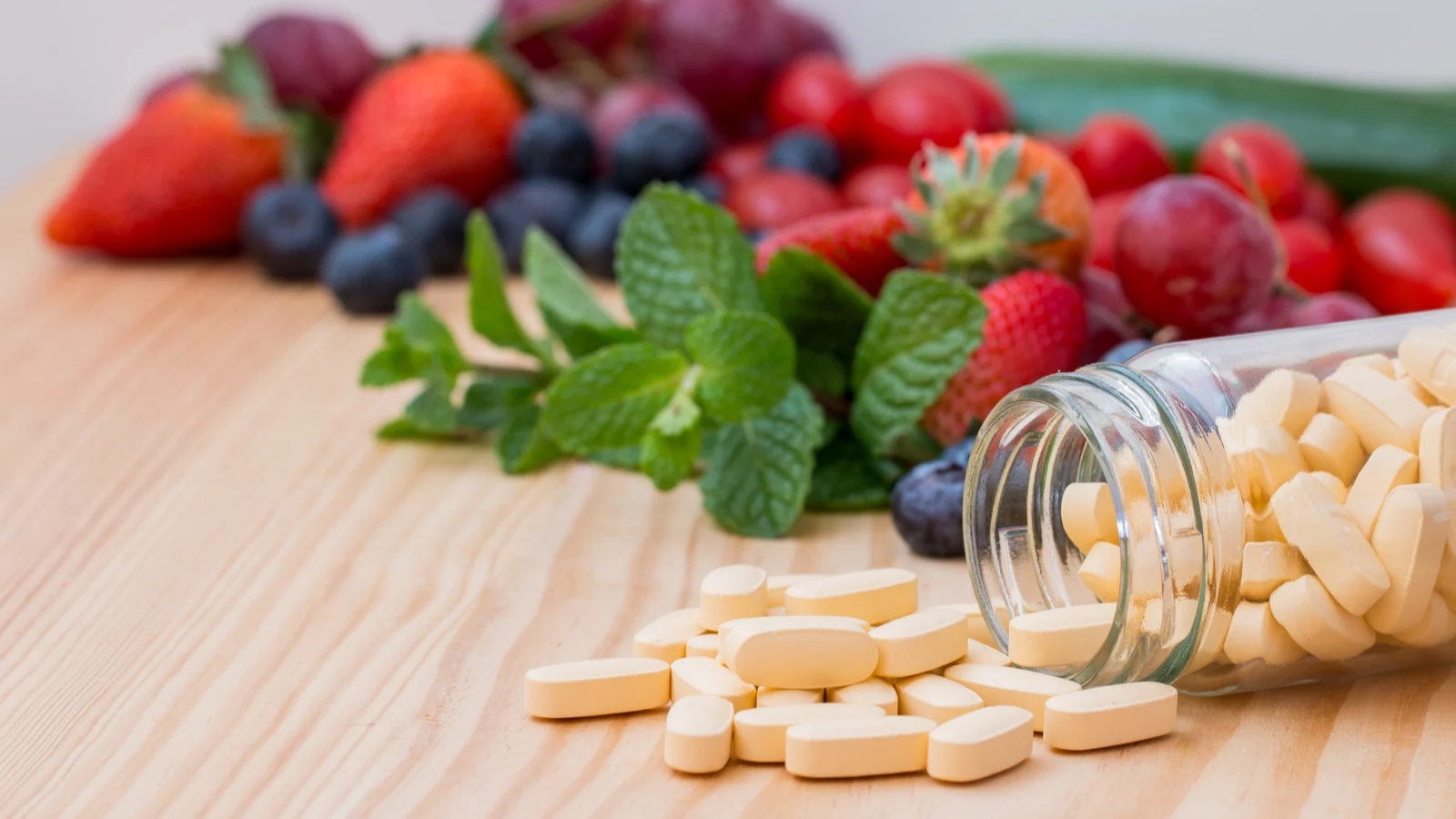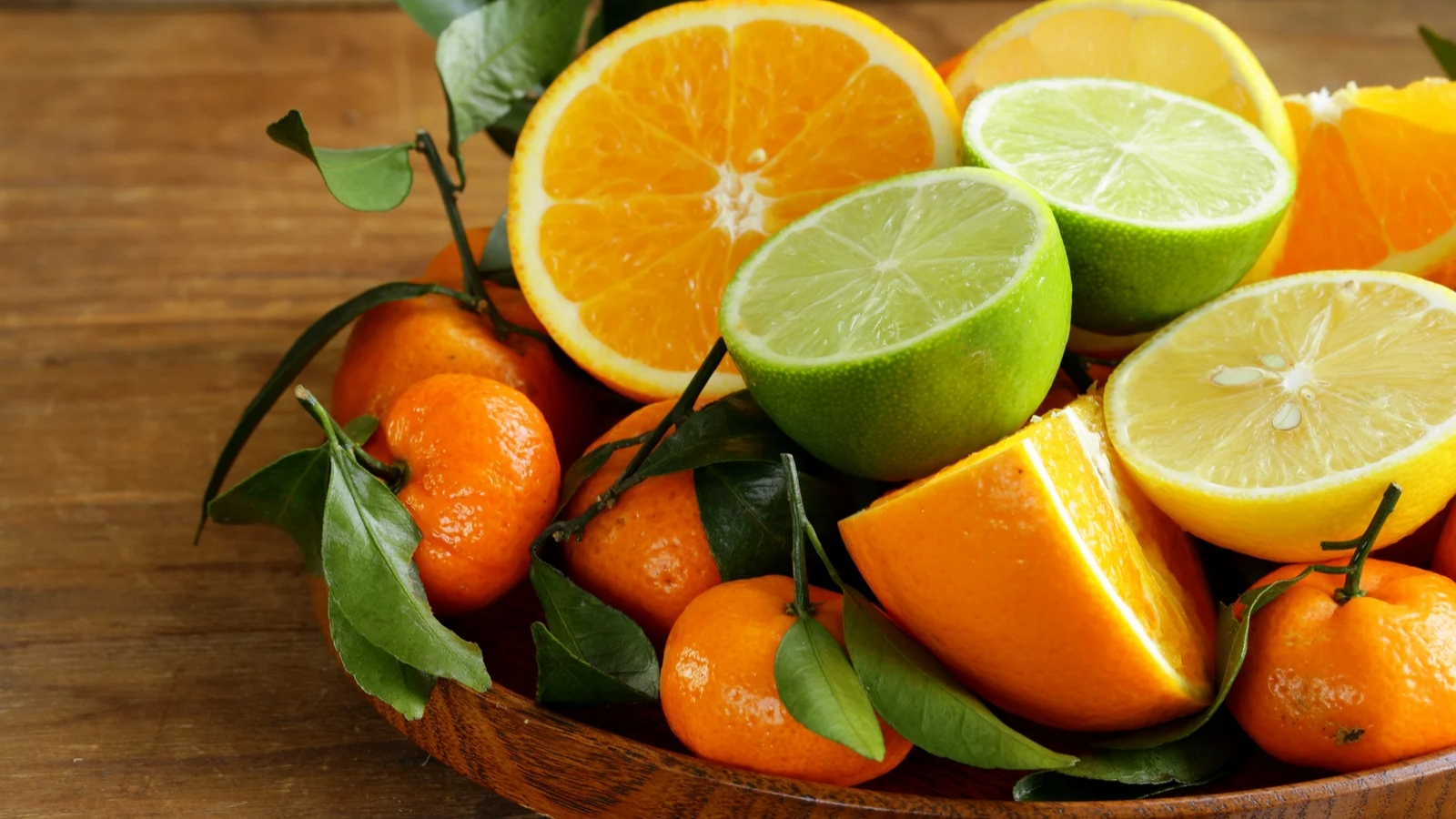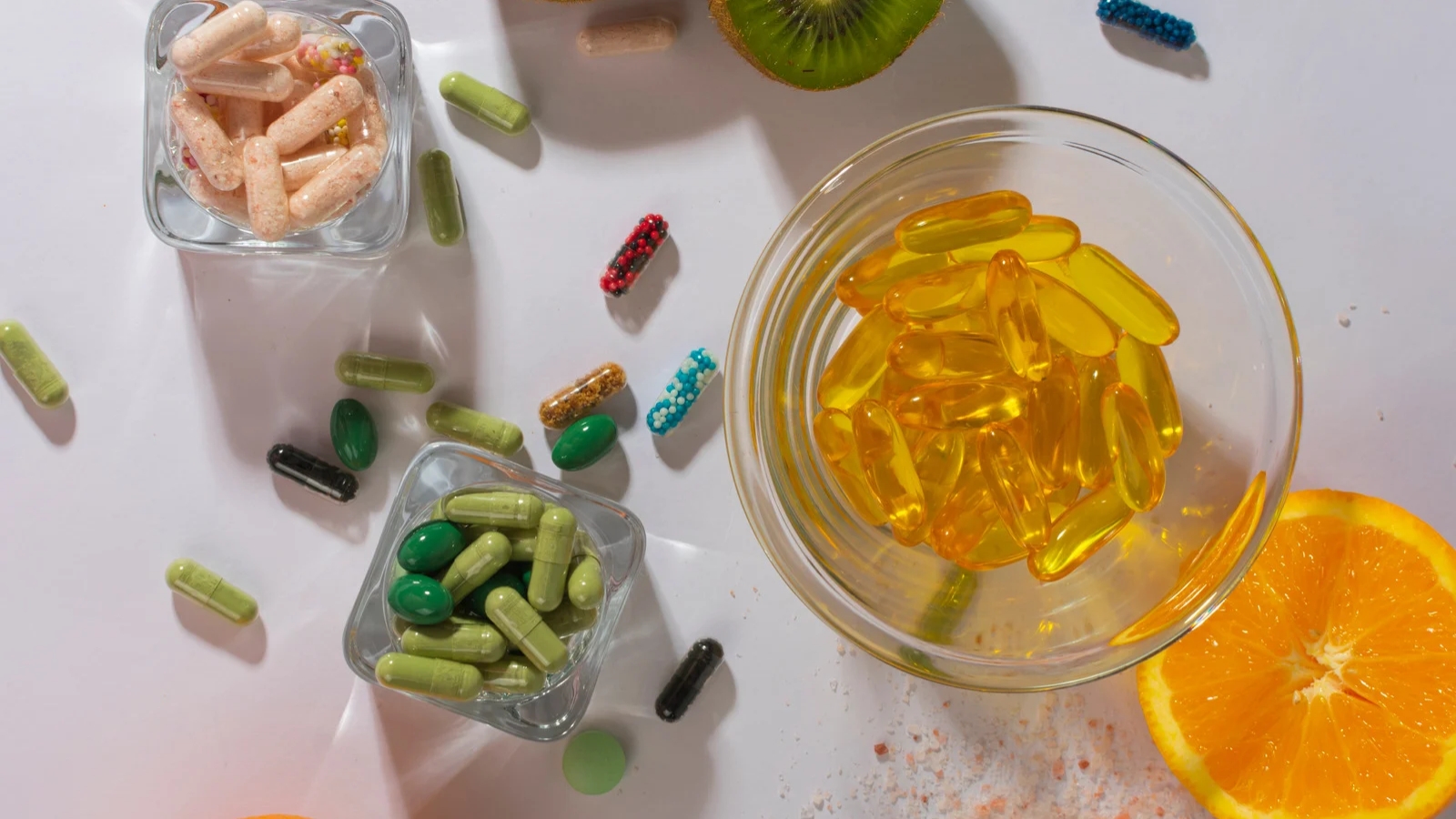As your body changes through your 30s and 40s, your nutritional needs shift with it. Hormones, stress, sleep, and energy levels can all play a role in how you feel day to day. Specific vitamins support these changes and help you feel steady, focused, and energized.
This article covers the best vitamins for women in their 30s and 40s. You’ll learn what each one does, how it supports your body, and which ones may be worth adding to your daily routine.
Why Your Body Needs Different Support in Your 30s and 40s
In your 30s, you may notice your energy doesn’t bounce back as quickly. Your metabolism may slow down, and hormonal shifts may affect your skin, mood, or cycle. By your 40s, those changes become more noticeable as estrogen and progesterone begin to decline.
Nutrition plays a key role in helping your body handle these shifts. The right mix of vitamins can help support your bone strength, heart health, immune system, and energy.
Choosing the right supplements depends on your personal needs, but these are common vitamins that most women in this age range benefit from.
Vitamin D Supports Bone Strength and Immunity
Vitamin D helps your body absorb calcium and keeps your bones strong. It also plays a role in immune health and muscle function.
Low levels of vitamin D are common, especially if you spend most of your time indoors or wear sunscreen regularly. Fatigue, bone pain, and frequent illness can be signs of a deficiency.
You can find vitamin D in:
- Fatty fish like salmon and sardines
- Fortified dairy or plant-based milk
- Egg yolks
- Sunshine, about 10 to 15 minutes a few times a week
Many women benefit from a supplement, especially in the winter months or if blood tests show low levels.
Calcium Maintains Bone Density
Calcium is essential for maintaining bone health as you age. In your 30s and 40s, your body begins to lose bone density slowly. Getting enough calcium helps reduce the risk of fractures and supports your teeth, muscles, and heart.
Food sources include:
- Dairy products like yogurt, milk, and cheese
- Leafy greens such as kale and bok choy
- Almonds and tofu
- Fortified cereals and orange juice
Pairing calcium with vitamin D improves absorption. If you’re not getting enough from food, a daily supplement may help.
B Vitamins Improve Energy and Mood
The B vitamin family includes B6, B12, and folate, all of which support brain function, energy levels, and metabolism. They also help your body make red blood cells and support nerve health.
In your 30s and 40s, stress and busy schedules can drain your body. B vitamins help your nervous system handle those demands more smoothly.
Good sources include:
- Whole grains
- Eggs and dairy
- Leafy greens
- Legumes
Vegans and vegetarians may need to supplement, especially with B12, since it comes mainly from animal products.
Magnesium Helps With Sleep and Hormone Balance
Magnesium supports more than 300 functions in your body, including muscle relaxation, hormone production, and nerve function. It can help improve sleep quality and reduce symptoms like headaches and PMS.
Signs of low magnesium include:
- Muscle cramps
- Trouble sleeping
- Irritability
- Low energy
You can get magnesium from:
- Nuts and seeds
- Dark chocolate
- Avocados
- Whole grains
If you’re not sleeping well or feel anxious often, a magnesium supplement may help.
Iron Prevents Fatigue
Iron helps carry oxygen through your blood to your muscles and brain. If your levels are low, you might feel tired even after a whole night of rest. Women in their 30s and 40s can lose iron through menstruation, especially if cycles are heavy or irregular.
Symptoms of low iron include:
- Weakness
- Dizziness
- Shortness of breath
- Pale skin
Good food sources include:
- Red meat and poultry
- Lentils and beans
- Spinach
- Iron-fortified cereal
Vitamin C improves iron absorption, so eating them together works better.
Omega-3s Support Brain and Heart Health
Omega-3 fatty acids reduce inflammation, improve mood, and support heart and brain function. They may also help with hormonal shifts that occur in your 30s and 40s. Your body doesn’t make omega-3s, so you need to get them from food or supplements.
Try these options:
- Salmon, mackerel, and sardines
- Flaxseeds and chia seeds
- Walnuts
- Fish oil or algae oil supplements
Vegetarians or people who don’t eat much fish may benefit from a daily omega-3 supplement.
Vitamin C Strengthens Immune Function and Skin
Vitamin C plays a role in your immune health and helps your body repair tissues. It also supports collagen production, which can help with skin firmness as you age.
Common sources include:
- Oranges and citrus fruits
- Strawberries
- Bell peppers
- Broccoli
Since your body doesn’t store vitamin C, regular intake through food or a small supplement can help.
Zinc Affects Immune Health and Hormones
Zinc supports your immune system and helps your body process hormones properly. It also helps your skin heal and may help with acne or inflammation.
Low zinc levels can lead to:
- Frequent colds
- Hair thinning
- Loss of taste or smell
Zinc is found in:
- Oysters and shellfish
- Pumpkin seeds
- Beef and turkey
- Whole grains
Some multivitamins include zinc, but it’s important not to overdo it.
Folate Supports Reproductive Health
Even if you’re not planning to get pregnant, folate supports cell health and hormone production. It can help regulate your cycle and support brain function.
You can find folate in:
- Leafy greens like spinach
- Asparagus
- Beans and peas
- Fortified grains
If you’re pregnant or might become pregnant, folate is essential for early fetal development.
How to Choose the Right Supplements
Supplements can help fill gaps, but they aren’t a substitute for a balanced diet. Your body absorbs nutrients better through food, but supplements can help when your intake is low or your needs are higher.
Talk with your healthcare provider before starting new supplements, especially if you take medication or have health conditions.
Look for High-Quality Multivitamins
If you want a simple approach, a daily multivitamin designed for women over 30 or 40 may be a good place to start.
Look for one that includes:
- Vitamin D
- B12
- Folate
- Iron
- Magnesium
- Omega-3s (if included)
Check that the dosages match your needs and avoid those with unnecessary fillers.
Conclusion
The best vitamins for women in their 30s and 40s support the natural changes your body goes through. By focusing on nutrients like vitamin D, calcium, B vitamins, and magnesium, you can help your energy, bone health, and hormones.
Choose food first when possible, and use supplements to fill in the gaps. Pay attention to how your body feels and adjust based on your personal needs. A thoughtful approach can help you feel more balanced and energized as you move through these crucial decades.



